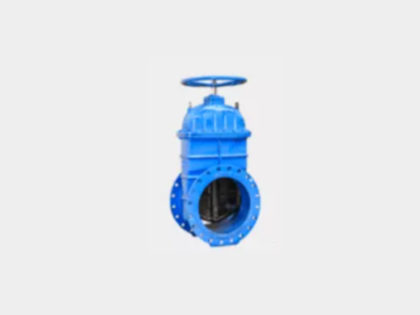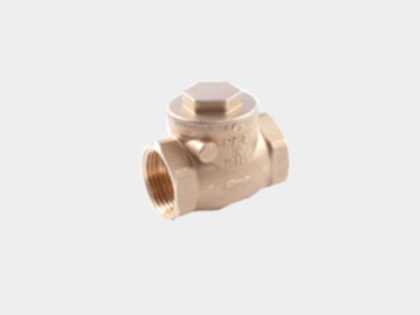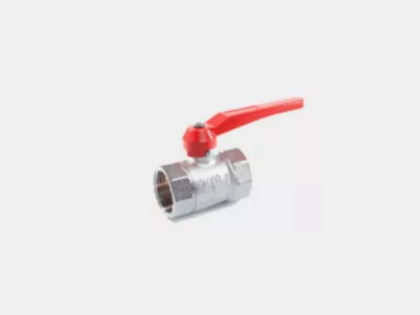HOW TO INSTALL
Unpack the valve and check that the flow paths and valve threads are clean and free from debris. Check
the body markings to ensure that the correct valve has been selected for installation.
Rastelli gate valves are manufactured to exacting standards and, therefore, should not be subjected to
misuse.
The following should be avoided:
- Careless handling of the valve (Valves should not be lifted using the hand wheel, lever or the stem).
- Dirt and debris entering the valve through the end ports.
- Excessive force during assembly and hand wheel operation
Confirm that the pipe threading length is correct to avoid excessive penetration of the pipe into the valve
that would otherwise cause damage. Care should be taken to apply jointing compound to the pipe only
and not in the valve threads. Surplus compound will then be forced outwards and will not enter the valve.
Over use of compound can lead to valve failure on the body ends. Threads should be engaged
correctly when tightening the valve onto the pipe. The wrench should always be fitted on the body end
adjacent to the joint being made. Severe damage can occur to stems, valves and seats by the use of
hand wheels larger than those originally supplied by the manufacturer, and by wheel keys.
MAINTENANCE
No aesthetic care is required for this product.
A regular maintenance program is the most efficient method to ensure a long term efficiency of your
gate valve. The program should include a risk assessment and a planned procedure of how the
maintenance will be carried out.
The correct fitting tools and equipment should be used for valve maintenance. Separate means of
draining the pipe work must be provided when carrying out any maintenance to valves. Where there
may be any system debris this could be collected and/or filtered by installation of the appropriate
protective device (see our items 411-412).
OPERATION
OPENING: an anti-clockwise rotation of the hand wheel will open the valve. When it will go no further return
the hand wheel clockwise 1/2 turn.
CLOSURE: a clockwise rotation of the hand wheel will close the valve. Closure will be confirmed when the
handle can be turned no further.
CAUTION: Service applications with extremes of temperature may cause the wedge to become tight in the
valve. The valve may be become stiff to operate in these circumstances. Suitable hand protection should
be worn when operating valves used in extreme temperature applications
PRESSURE/TEMPERATURE RATING
Valves must be installed in a piping system whose normal pressure and temperature does not exceed the
stated rating of the valve.
It may be hazardous to use these valves outside of their specified pressure and temperature limitations.
To ensure ease of operation, adjustment, maintenance and repair, valve siting should be decided during
the system design phase. To prevent imposing strain on the valve seat, pipe work and valves must be
adequately supported.
DISPOSAL
For valve operating with hazardous liquids(toxic, corrosive…) , if there is a possibility of residue remaining in
the valve, take due safety precaution and carry out required cleaning operation. Personnel in charge must
be trained and equipped with appropriate protection devices.
Prior to disposal, disassemble the valve and separate the component according to various materials.
Please refer to product literature for more information. Forward sorted material to recycling (e.g. metallic
materials) or dispose it, according to local and currently valid legislation taking into consideration the
environment.
BODY
1″ :
Brass CW617N-UNI-EN 12165
STEM , STOP RING AND GLAND
Brass CW614N-UNI-EN 12164
WEDGE
Brass DELTA C EN1982 CB 754-S GM
BONNET
Brass CW617N-UNI-EN 12165
BODY WASHER
Fiber GUARNITAL
STEM PACKING
DUTRAL EPDM90
HANDWHEEL
Steel handwheel with red, epoxydic coating
FIXING NUT
Zinc plated steel
FINISHING
Sand blast











